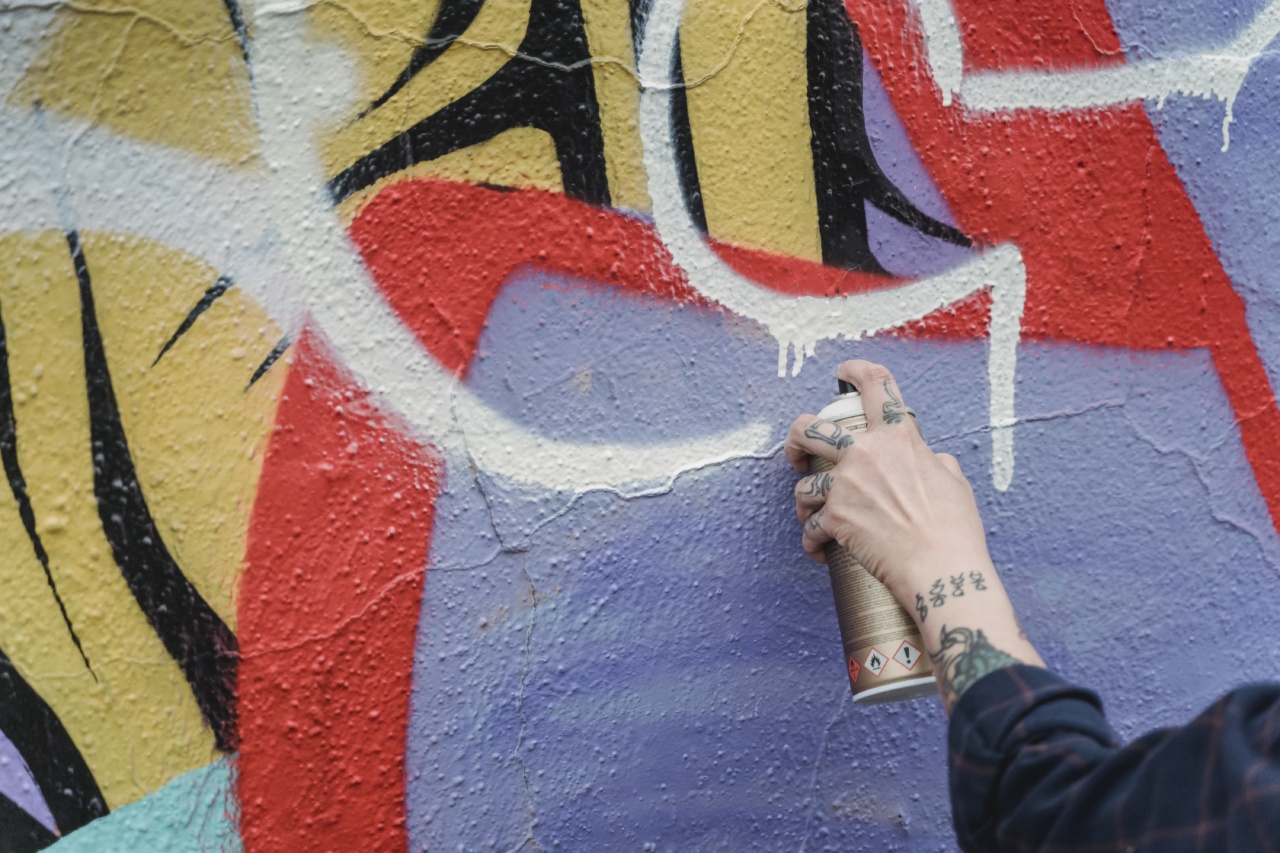Getting a tattoo can be a nerve-wracking experience for many people. Whether it’s your first tattoo or you’re adding another piece to your collection, the pain associated with the process can be a major concern.
If you’re someone who is sensitive to pain or simply wants to minimize any potential discomfort, you may wonder if it’s possible to take a painkiller before your tattoo appointment. In this article, we will explore whether it is safe and advisable to do so.
Understanding the Tattooing Process
Before delving into the topic of painkillers, it’s important to understand the tattooing process. A tattoo involves inserting ink into the dermis, the second layer of the skin, using a needle attached to a tattoo machine.
This can cause varying degrees of discomfort depending on a person’s pain tolerance, the location of the tattoo, and other factors.
While some people describe the sensation as minimal or comparable to a cat scratch, others find it more painful. The pain can feel like a constant scratching or stinging sensation.
However, it’s important to note that pain is subjective and can vary from person to person.
Types of Painkillers and Their Effects
There are different types of painkillers available, each with its own effects and considerations. Let’s explore three common painkiller options:.
1. Over-the-Counter Painkillers
Over-the-counter (OTC) painkillers such as acetaminophen (e.g. Tylenol) and ibuprofen (e.g. Advil) are easily accessible and can provide temporary relief from mild to moderate pain.
However, these painkillers may not be strong enough to alleviate the discomfort associated with getting a tattoo.
While OTC painkillers can help reduce general aches and pains, they may not specifically target the pain from the tattooing process.
Additionally, they can thin the blood, potentially increase the risk of bleeding, and affect the body’s natural healing process.
2. Prescription Opioids
Prescription opioids, such as codeine or oxycodone, are stronger painkillers that require a doctor’s prescription. These medications can provide more potent pain relief, but they also come with several risks and potential side effects.
Using prescription opioids before a tattoo appointment is generally not recommended. These medications can cause drowsiness, impaired judgment, and slower reaction times, which may interfere with the tattooing process.
They can also be addictive if not used appropriately and may have interactions with other medications or substances.
3. Topical Anesthetics
Topical anesthetics are specifically formulated to numb the skin’s surface. They are usually available in the form of creams, gels, or sprays.
While topical anesthetics can help reduce pain during the tattooing process, they should be used with caution and under the guidance of a professional.
A tattoo artist may apply a topical anesthetic to your skin before starting the tattoo. However, it’s important to note that some tattoo artists may not use topical anesthetics or may charge an additional fee for their use.
Furthermore, the effectiveness of topical anesthetics can vary depending on individual factors such as skin type and the specific product used.
The Risks and Considerations
While painkillers may provide temporary relief during the tattooing process, they come with certain risks and considerations:.
1. Masking Pain Signals
Pain is a signal from your body, indicating that something is wrong or needs attention. By taking painkillers, you may temporarily mask these signals and potentially miss important cues during the tattooing process.
This can prevent you from communicating effectively with your tattoo artist, leading to potential complications.
2. Interactions with Tattooing
Some painkillers, such as prescription opioids, can interfere with the tattooing process due to their sedative effects.
The drowsiness or impaired judgment caused by these medications may make it difficult for you to sit still or make informed decisions during the tattoo session. It’s crucial to remain alert and cooperative during the process for the best outcome.
3. Thinning of Blood
Some painkillers, especially over-the-counter nonsteroidal anti-inflammatory drugs (NSAIDs) like ibuprofen and aspirin, can thin the blood and increase the risk of bleeding.
Excessive bleeding during the tattooing process can impact the clarity and quality of a tattoo, making it more challenging for the artist to work.
4. Healing Process
Using painkillers, especially opioids, before a tattoo can also affect the body’s natural healing process.
These medications can slow down the healing of the tattooed area, potentially leading to complications such as infection or slower color retention.
Coping Strategies During Your Tattoo Appointment
While painkillers may not be the best solution for minimizing discomfort during a tattoo appointment, there are several coping strategies you can employ:.
1. Deep Breathing and Meditation
Practicing deep breathing exercises and meditation techniques can help relax your mind and body during the tattooing process. By focusing on your breath and staying calm, you may be able to manage the discomfort more effectively.
2. Numbing Creams and Sprays
As mentioned earlier, some tattoo artists may provide or recommend the use of topical anesthetics to numb the skin’s surface before the tattoo.
Discuss this option with your tattoo artist beforehand to see if it is available and appropriate for your specific situation.
3. Distractions
Bringing distractions such as music, podcasts, or audiobooks can divert your attention from the discomfort. Engaging your mind with something enjoyable can help take your focus away from the pain.
4. Communicate with Your Tattoo Artist
Effective communication with your tattoo artist is crucial. They are experienced professionals who can guide you through the process and ensure your comfort.
Let them know about your concerns and discuss any potential strategies they may have to minimize your discomfort.
The Verdict
The decision to take a painkiller before your tattoo appointment ultimately rests with you. However, it’s important to consider the potential risks and side effects associated with painkillers, especially opioids.
The best approach is to have an open and honest conversation with your tattoo artist and follow their recommendations.
Remember that getting a tattoo involves some discomfort, and pain tolerance varies from person to person.
By employing coping strategies and maintaining good communication with your tattoo artist, you can have a more successful and comfortable tattooing experience.































